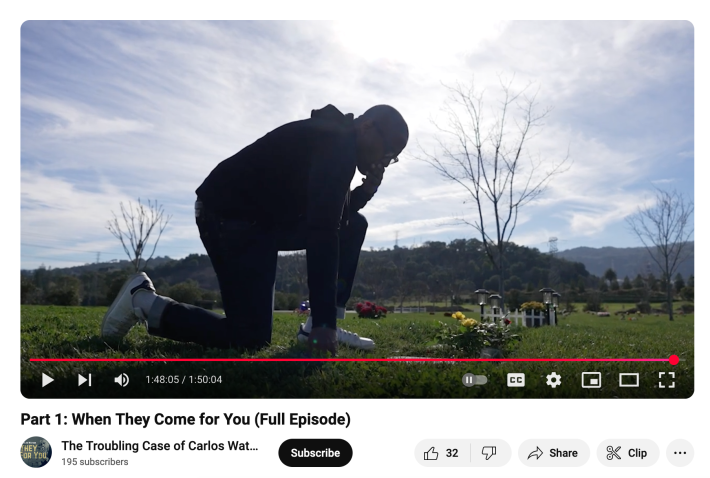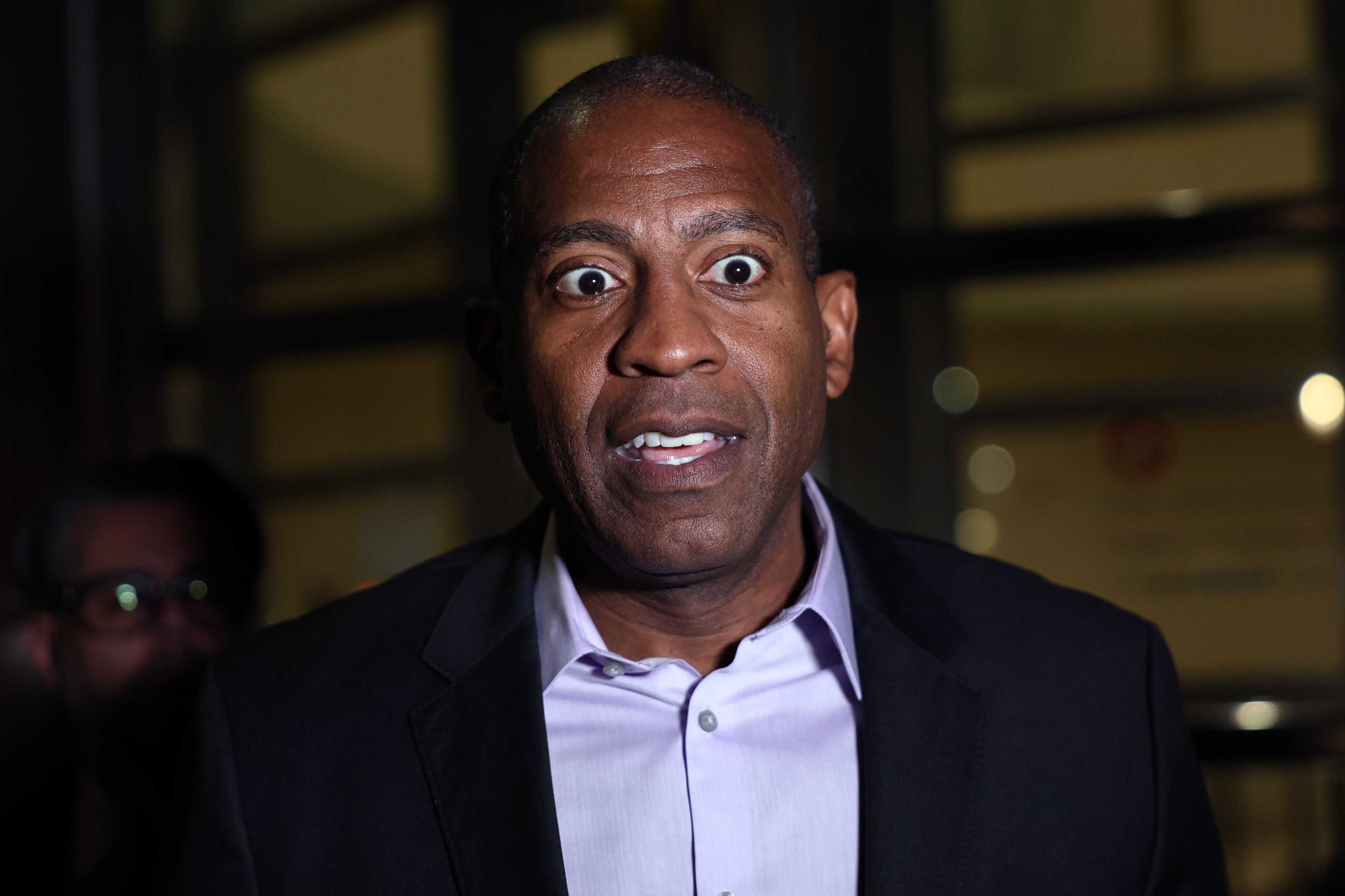This week, former digital media entrepreneur and self-styled criminal justice reform activist Carlos Watson was sentenced to almost 10 years in prison in the federal financial conspiracy case over his startup, Ozy Media. Watson and Ozy Media were both convicted in July of conspiracy to commit securities fraud and conspiracy to commit wire fraud and aggravated identity theft.
Last year Watson was indicted after New York Times reporting revealed that former Ozy Media Chief Operating Officer Samir Rao impersonated a YouTube executive on a conference call with Goldman Sachs. Both Watson and Ozy were indicted, and both pleaded not guilty throughout the trial, with Watson claiming instead that the entire trial was racially motivated, biased, and corrupt. He and his team raised more than $60,000 since March 2023 on this argument through a website titled “Too Black for Business,” and last month, supporters released a two-part, three-hour docuseries on YouTube called “The Troubling Case of Carlos Watson.”
Central to Watson’s argument is the assertion that he shouldn’t have been convicted for his crimes, because they were materially no different from the kind of exaggeration that has defined digital media bravado over the last decade. “Start-ups, especially in Silicon Valley, are famous for their ‘fake it until you make it’ ethos,” the Too Black for Business website says. “From Apple to Tesla, American business lore is filled with billion-dollar companies built on this bluff. These efforts have rarely been deemed unethical and, certainly, by no means, criminal as such actions are part of a longstanding and mostly unwritten culture of doing business in Silicon Valley.”
A racial bias does exist in the investment world. A 2023 Columbia Business School study found that 3.47 percent of founders seeking venture capital funding were black; those who actually received backing only received a third of the amount raised by startups lead by non-black founders. In that vacuum, Watson’s understanding of a just society is one where black entrepreneurs should be just as free as white ones to commit fraud and lie their way to unicorn status.
The way Watson co-opted the language of civil rights and imagery from the movement for black lives in his defense was revolting. His “Too Black for Business” website has a black fist as its favicon and his supporters showed up to the trial wearing T-shirts saying “Whose son is next?” To be clear, black people in America are often the target of over-policing and state violence. But Watson and his supporters would have you believe being convicted of fraud and identity theft is something that could randomly happen to any black person minding their business. Someone doesn’t just accidentally forge contracts or inflate financial data, especially when they know better, as Watson presumably did, given his vaunted pedigree as a Harvard graduate and former McKinsey employee.
While I think there’s a compelling case to argue in favor of mediocrity among marginalized groups—we shouldn’t always have to be twice as good—my favor stops short of media executives creating a sham business in which real people tried to eke out a living. It’s also insulting to the millions of entrepreneurs from marginalized backgrounds who don’t lie about their numbers or forge contracts or impersonate executives on phone calls. It is not a civil right to take advantage of people.
Watson seems to think it is, though. The documentary released last month is packed with overwrought shots of him deep in thought, spending time with family, and contemplating the great weight of the vanguard of racial diversity in business that has landed on his shoulders.

One of the last frames of Part 1 is a black screen with Fannie Lou Hamer’s quote: “Nobody’s free until everyone’s free.” The irony is completely lost on Watson that Hamer was a staunch labor activist who advocated constantly for the rights of the poor and the working class. The fact that Watson thinks he’s carrying on Hamer’s legacy after building a company based on fraud is laughable. Hamer advocated for people to have the freedom to feed their families, to live dignified lives, to cast votes in elections. Watson seems mostly interested in advocating for his own self-interests.
Watson was found guilty of the crimes charged against him, but I’ll add that he’s guilty of one more thing: using the corrupt tools of those in power for his personal gain. It’s one of the oldest plays in the book. That doesn’t make Carlos Watson a revolutionary. It just makes him another grifter who got caught.






